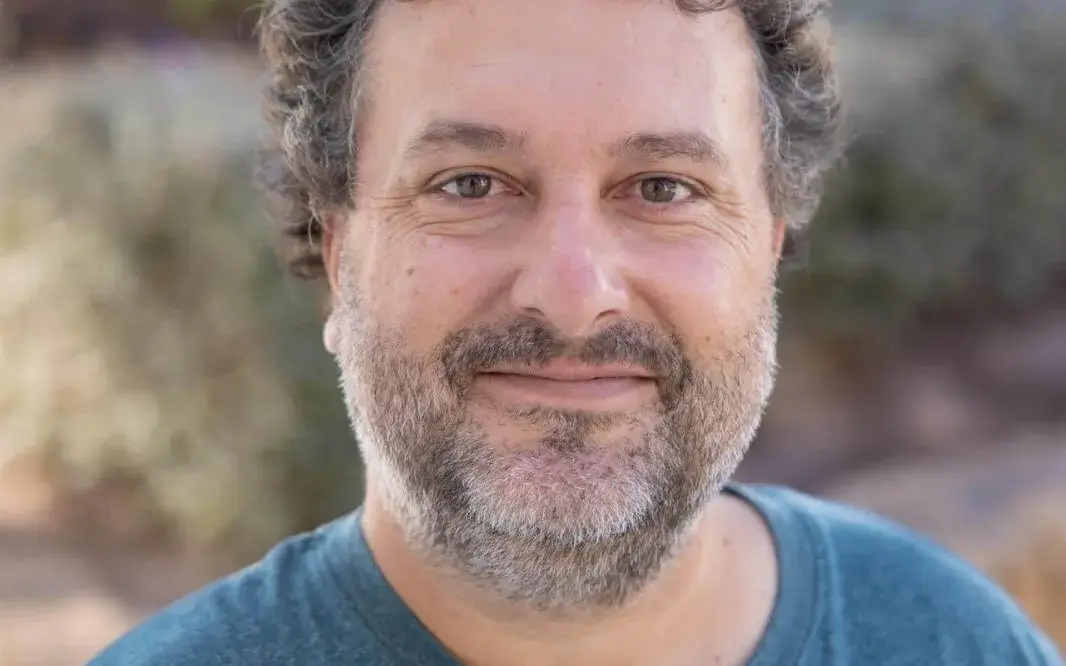
Antarctica is facing unprecedented threats from climate change and industrial exploitation. Richard Barreno, President at Sea Shepherd Spain, shares how the organization is fighting to protect one of the planet’s last untouched ecosystems.
Why is Antarctica key to the planet’s health, and what makes it so vulnerable today?
Antarctica is essential because of the life it supports in its waters and its role in regulating global ocean currents. It's a vital location for the regeneration of phytoplankton, krill, whales... species that are threatened in many other parts of the world and that find some refuge in this protected region. Ironically, this concentration of life makes it very vulnerable, as industrial fleets exploit it, taking advantage of both the abundance of species and the lack of monitoring and authorities in the area.
What motivated campaigns like Operation Migaloo, and what have been their main achievements?
The sense of impunity surrounding whale hunting in Antarctica due to widespread ignorance. People in Japan, for example, didn’t know what their whaling fleet was doing—similar to how little awareness there is in Spain regarding shark finning or the conservation status of bluefin tuna.
Sea Shepherd regularly visits Antarctica to expose what’s happening and take action when possible. As a result, Japan has stopped killing whales in the region. Currently, with our campaign against krill fishing, we have successfully pressured authorities to freeze and prevent increases in krill capture quotas.
Which species are most threatened in this region, and why?
At the moment, no species is truly safe in the region. We're targeting krill fishing because krill forms the base of the Antarctic marine ecosystem. Krill feeds many other species, and industrial fleets are literally taking it from their mouths to make pet food, dietary supplements, and feed for fish farms. We’ve been documenting this for two years and want the international community to act to ensure the protection of the region and its species.
How does Sea Shepherd respond to fleets operating in protected or regulated zones?
We document violations in protected areas, report the companies and vessels acting illegally, and raise awareness about the lack of resources and oversight in these areas. The lack of awareness about illegal activity leads to insufficient resources for protection, which in turn fuels further illegal exploitation. Our role is crucial in breaking this cycle—going where others cannot, and reporting what authorities and the international community should be addressing.
We advocate for stronger international agreements with clear commitments from governments to stop illegal activity in international and protected waters and to monitor illegal actions in their ports connected to industrial fishing operations, whether in protected zones or not.
Have you observed changes in the presence or behavior of species such as whales, penguins, or krill due to climate change or industrial fishing?
We see it all the time. Climate change and industrial fishing are altering how animals move and interact. For example, animals now gather near krill suction tubes, knowing it’s where the krill is concentrated, which leads to injuries as they try to avoid ships.
High temperatures and ice melt change water salinity and ocean currents. Numerous studies document these effects. We've specifically documented the impact of industrial krill fishing on whales and other krill-dependent species, and the situation is both alarming and concerning—especially since the companies involved rarely speak of the consequences of their actions.
What kind of resistance have you faced from governments or companies during campaigns in the Southern Ocean?
There’s a lack of transparency and accountability from countries where these industrial krill-fishing vessels are based. These ships and companies are causing irreversible damage in Antarctica, and their home governments should join our campaign to ban krill fishing. Just as Japan ceased whaling in Antarctica under international pressure—including ours—countries allowing krill fishing must act before it's too late.
How do you balance direct action with the legal framework of the Antarctic Treaty and international regulations?
We operate within the law—documenting, reporting, and intervening where permitted under international law and existing treaties. The balance is in being assertive but not violent, pushing legal limits without crossing them. That’s how we’ve always acted and will continue to do so—from Antarctica to Africa’s coasts, from the Mediterranean to the Baltic Sea—wherever we are present.
In Antarctica specifically, we've successfully pressured the CCAMLR (Commission for the Conservation of Antarctic Marine Living Resources), which oversees resource use in the region, to freeze krill quotas for two consecutive years. We hope a full ban is next, but limiting captures has already been a major step.
What would you say to someone who believes Antarctica is “too far away” and that what happens there doesn’t affect us?
Antarctica is right here—it regulates the oceans that touch our shores and produces the oxygen we breathe. One in every two breaths we take comes from oceanic phytoplankton, and protecting Antarctica is vital for that.
We don’t fight injustice based on location—we fight it based on principle. In this case, we’re seeing a pristine environment being exploited by industrial activity. We must stop being passive observers and start acting. Our lives depend on it.


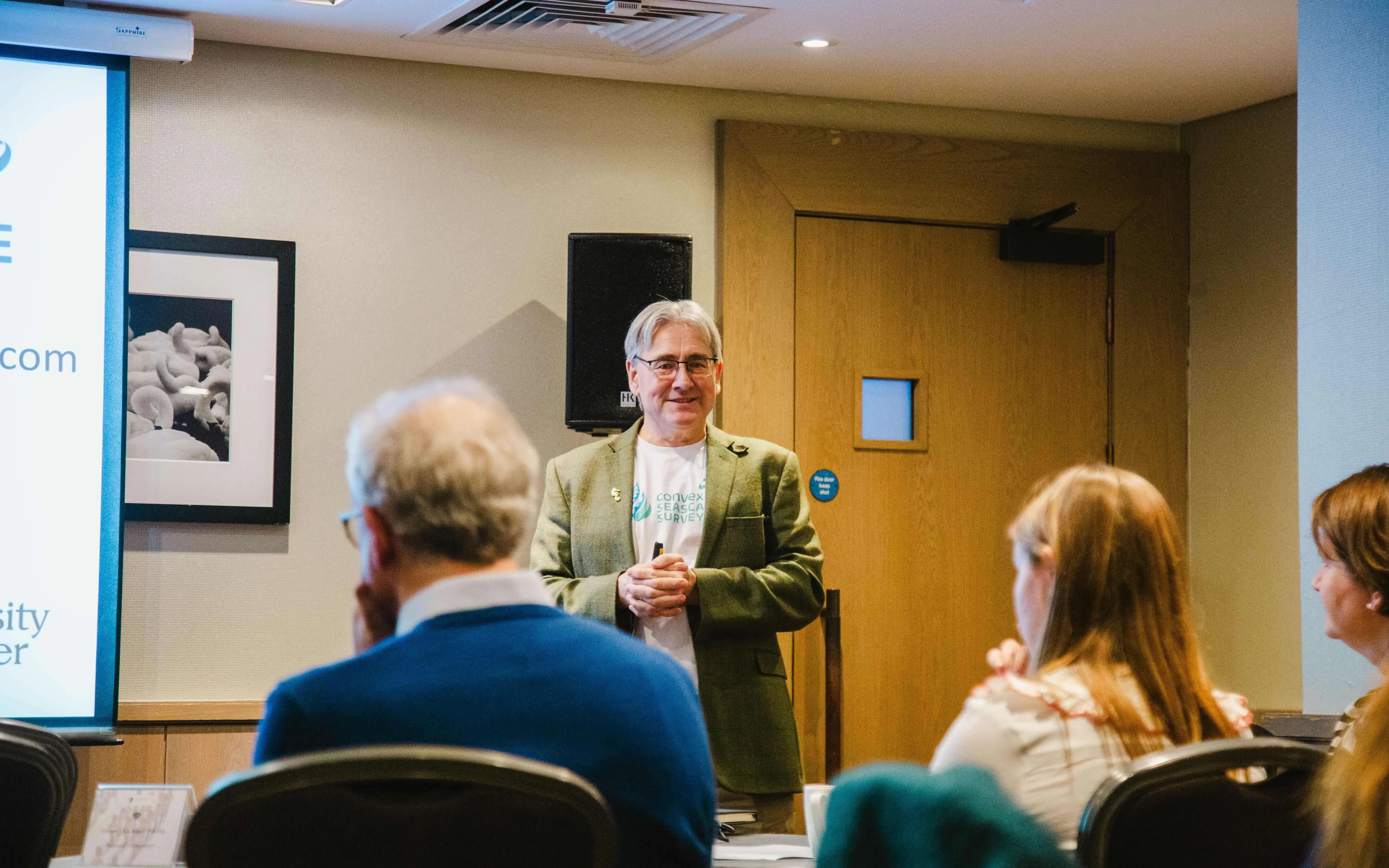
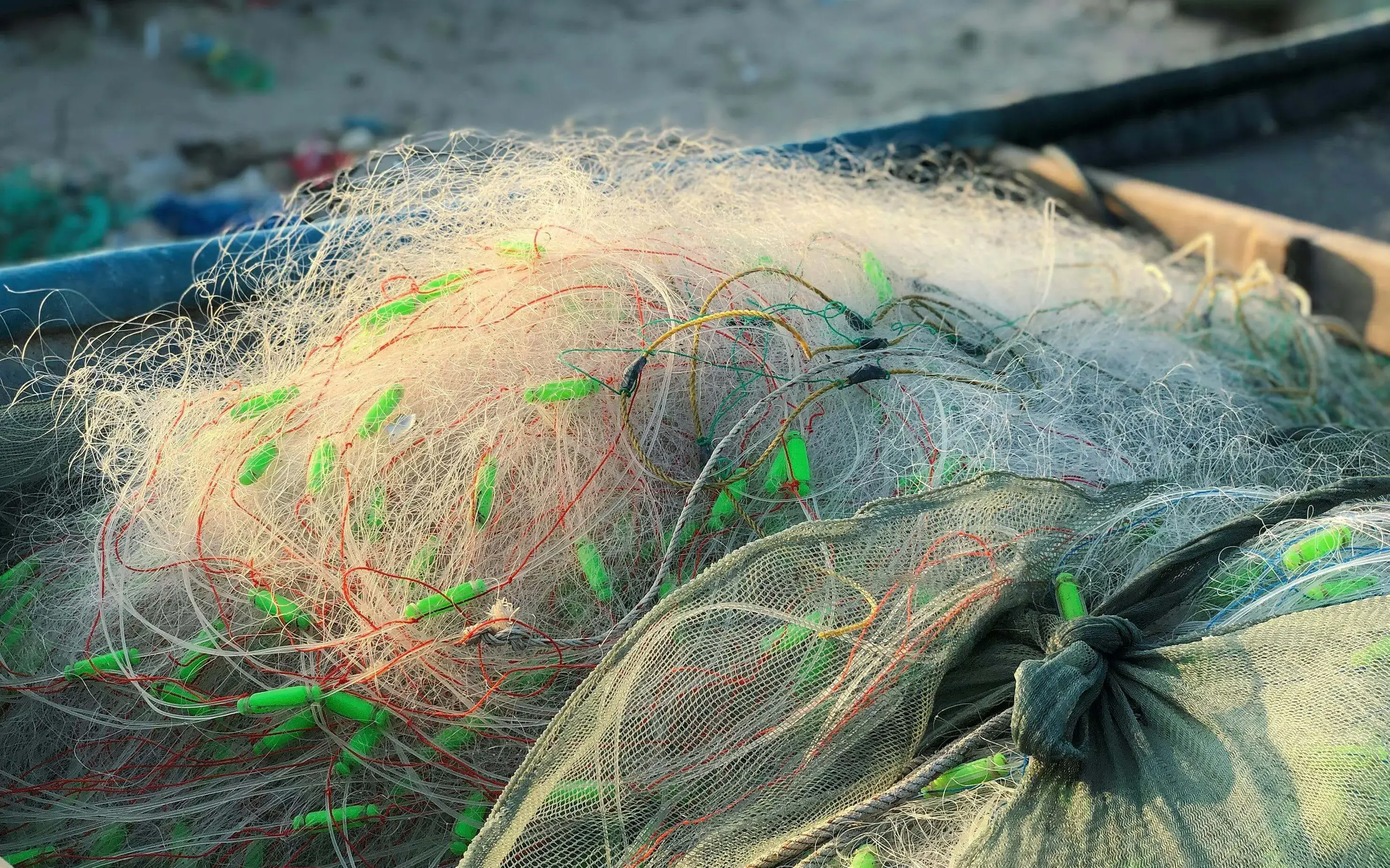
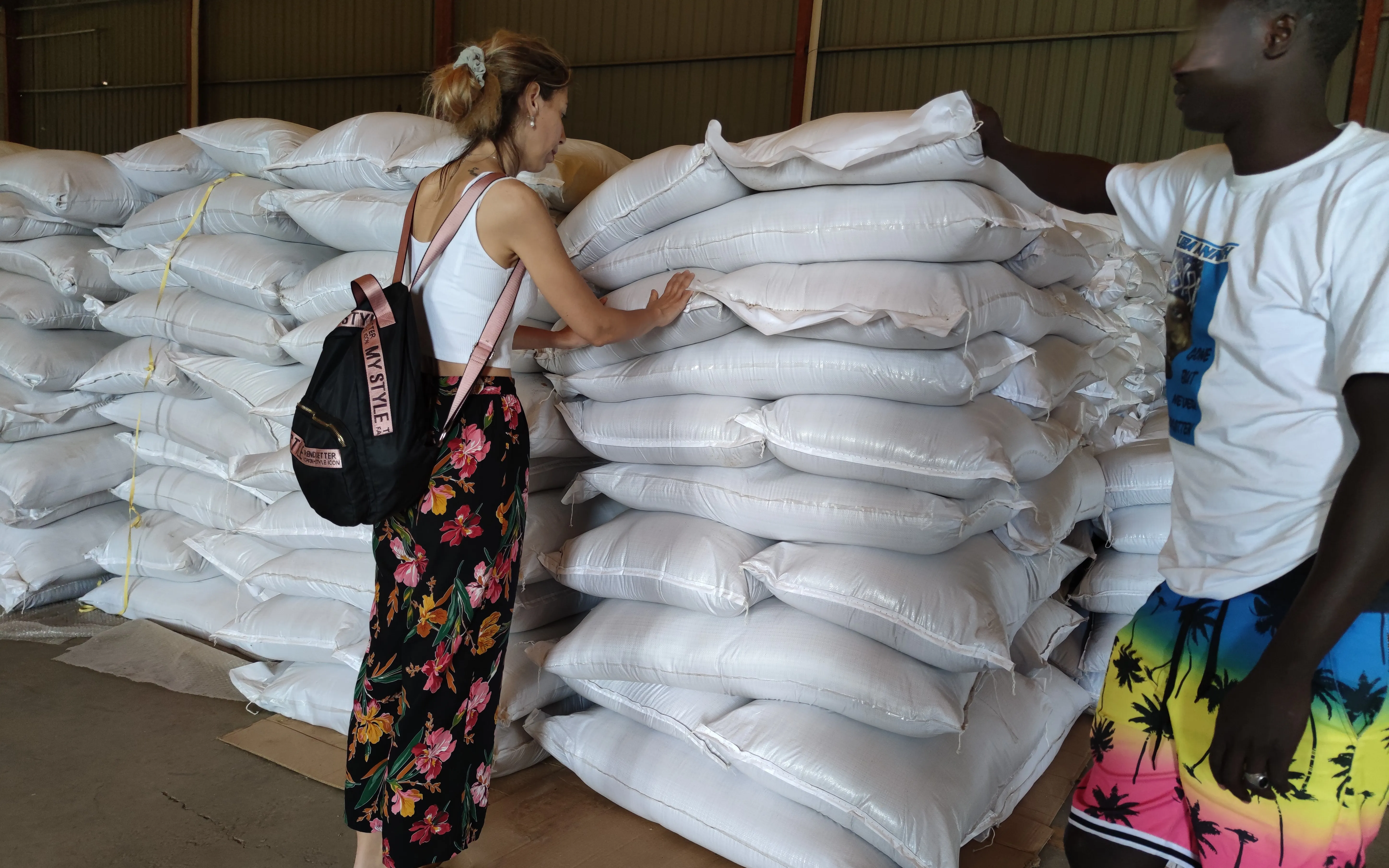
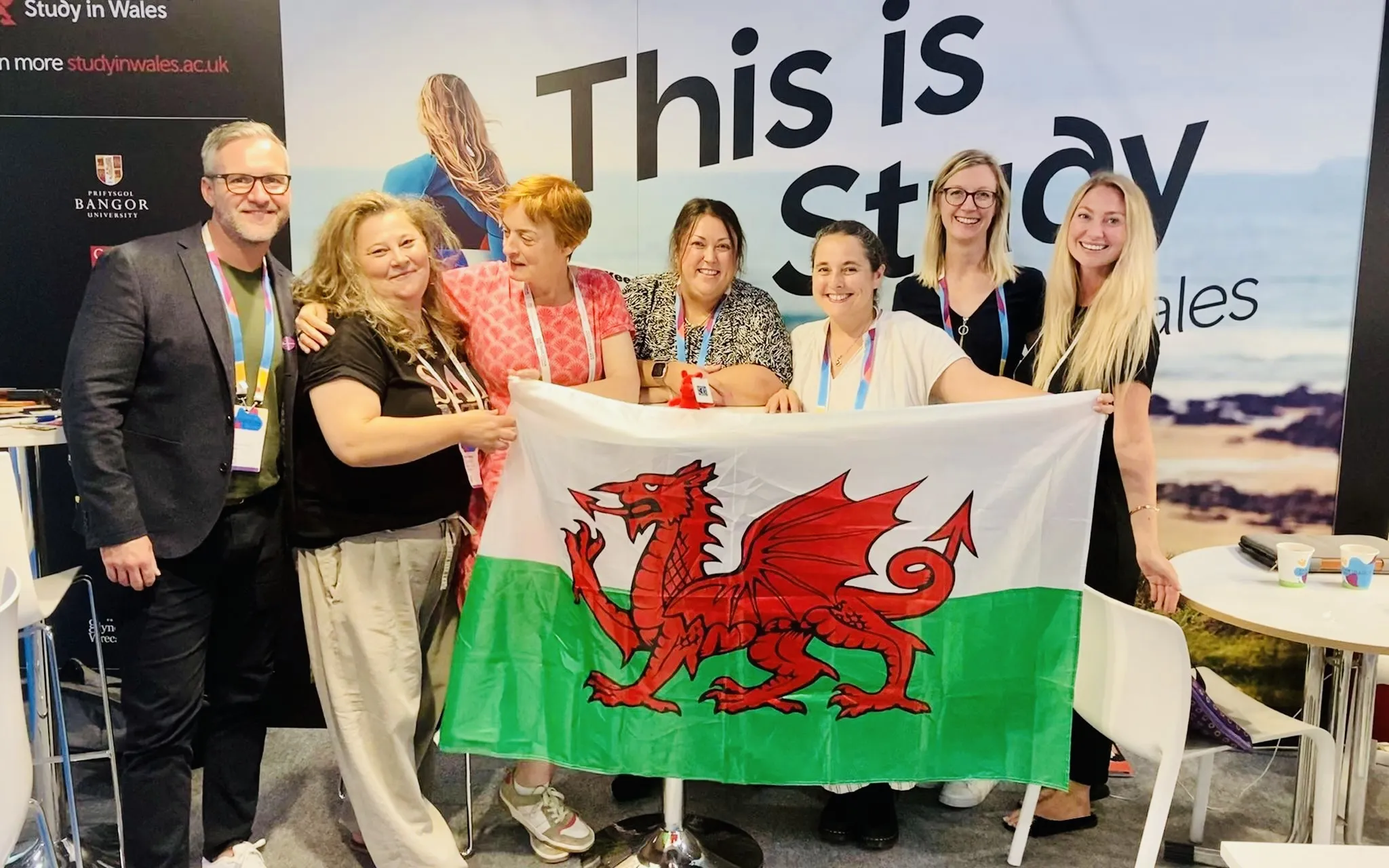
Add new comment